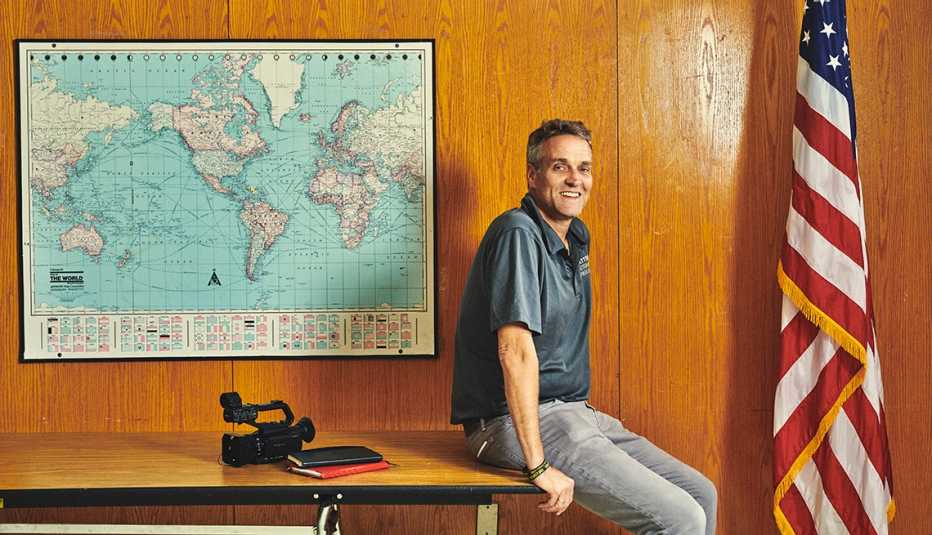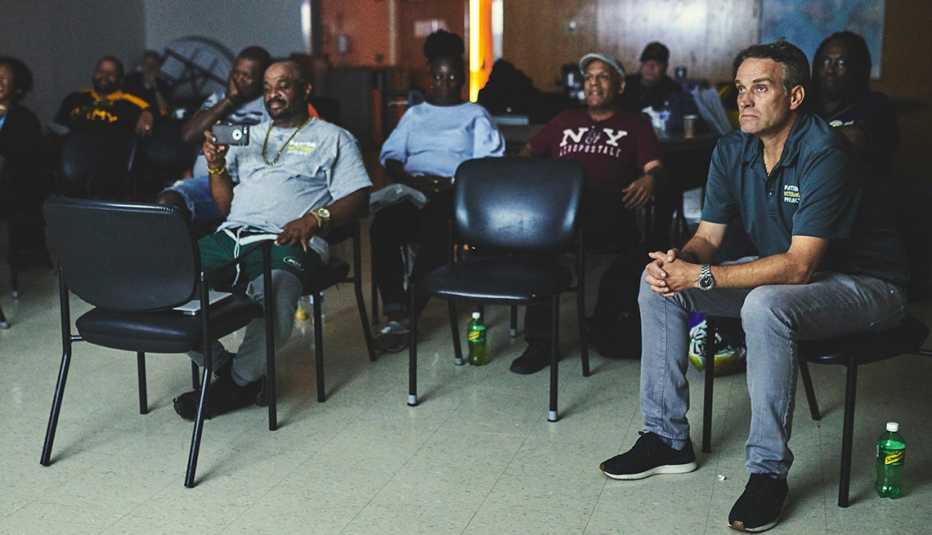Staying Fit


Your grandfather George Patton Jr. is one of the most famous generals in American history. Your father was a major general who served with distinction in Korea and Vietnam. That’s a unique way to grow up.
My father used to say, “We’re not better than anyone or worse than anyone. We’re just different.” We definitely were made to feel different insofar as we had a responsibility to act a certain way, behave appropriately and have a service-oriented mind-set .


AARP Membership— $12 for your first year when you sign up for Automatic Renewal
Get instant access to members-only products and hundreds of discounts, a free second membership, and a subscription to AARP the Magazine.
You didn’t join the military. Was there pressure for you to do so?
I think I felt pressure from history. I had a very strong, but somewhat challenging, relationship with my father. I grew up thinking that that’s what he most wanted — for me to go into the military. I think deep down what he wanted me to do was to find my own path and to lead an authentic life.
What inspired you to become a documentary filmmaker and teacher?
I got interested in film. I wanted to find a way, beyond just going to veterans’ events and representing my family, to apply those talents and skills to the service of veterans and military families. That led me to seek an opportunity to teach film to veterans — to use film as a therapeutic approach for veterans transitioning home from a combat theater, often with post-traumatic stress.
And that led to the work of helping those veterans capture their experiences on film?
Yes. Initially, I was focused on combat veterans who just weren’t able to communicate with their family in the same way as when they had left. There were things they experienced that they simply couldn’t articulate in normal conversation. We began to see that the medium of film could be a wonderful conduit for a veteran to express something without even having to use words.



































































More on Home and Family
What Humans Can Learn From Dogs
Q & A with Daniel Promislow, the codirector of the Dog Aging Project